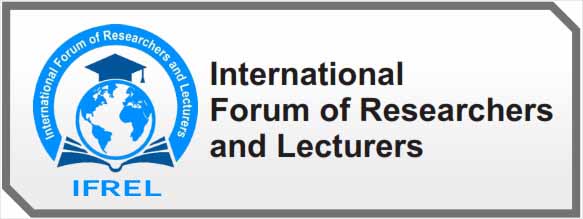Talent Management Challenges in the Pandemic Covid-19 era
DOI:
https://doi.org/10.55606/bijmt.v2i2.507Kata Kunci:
Talent Management, Covid-19, Human ResourcesAbstrak
The most significant company assets are Human Resources (HR). Talent management is very important to attract and maintain competent employees. The purpose of this study is to see the challenges of talent management in the Pandemic Covid-19 era. Qualitative methods in the form of literature reviews are used in this study. Literature research was conducted by examining in six publications on talent management in the Pandemic Covid-19 era published in national and international journals between 2017 and 2021. The greatest difficulty for human management during Pandemic, according to the results of the analysis, was that organizations and businesses in the whole world are currently facing a very volatile situation. The organization must respond and adapt to changes, and manage their workforce, in the context of global change brought by the plague. Therefore, the organization must constantly try to be proactive to deal with reality that is always changing and unpredictable.
Referensi
Haak-Saheem, W. (2020). Talent management in Covid-19 crisis: how Dubai manages and sustains its global talent pool. Asian Business and Management, 19(3), 298–301. https://doi.org/10.1057/s41291-020-00120-4
Hancock, B., & Schaninger, B. (2020). HR says talent is crucial for performance - and the pandemic proves it. In McKinsey & Company (pp. 1–11). McKinsey’s Washington and Philadelphia office.
Hartono. (2020). Talent Management Perusahaan Multinasional Menuju Era New Normal : Tantangan dan Peluang. Prosiding Seminar Stiami, 7(2), 62–69.
Meyers, M. C., van Woerkom, M., Paauwe, J., & Dries, N. (2020). HR managers’ talent philosophies: prevalence and relationships with perceived talent management practices. International Journal of Human Resource Management, 31(4), 562–588. https://doi.org/10.1080/09585192.2019.1579747
Myers, M. (2019). Qualitative Research in Business and Management. SAGE Publications.
Rachmadinata, N. S., & Ayuningtias, H. G. (2017). Pengaruh Manajemen Talenta Terhadap Kinerja Karyawan Lintasarta Kota Jakarta. Jurnal Manajemen Indonesia, 17(3), 197. https://doi.org/10.25124/jmi.v17i3.1156
Sonnenberg, M., van Zijderveld, V., & Brinks, M. (2014). The role of talent-perception incongruence in effective talent management. Journal of World Business, 49(2), 272–280. https://doi.org/10.1016/j.jwb.2013.11.011
Tetik, S., & Zaim, H. (2021). Effects of Talent Management Practices on Organizational Engagement: A QuasiExperimental Study. Eurasian Journal of Business and Economics, 14(27), 91–109. https://doi.org/10.17015/ejbe.2021.027.06
Tomcikova, L., Svetozarovova, N., & Coculova, J. (2021). Challenges and priorities in talent management during the global pandemic caused by COVID-19. Marketing and Management of Innovations, 5(2), 94–103. https://doi.org/10.21272/mmi.2021.2-08
Vaiman, V., Scullion, H., & Collings, D. (2012). Talent management decision making. Management Decision, 50(5), 925–941. https://doi.org/10.1108/00251741211227663
van Dongen, B. F. (2015). BPI challenge 2015. 11th International Workshop on Business Process Intelligence.
Whysall, Z., Owtram, M., & Brittain, S. (2019). The new talent management challenges of Industry 4.0. Journal of Management Development, 38(2), 118–129. https://doi.org/10.1108/JMD-06-2018-0181















